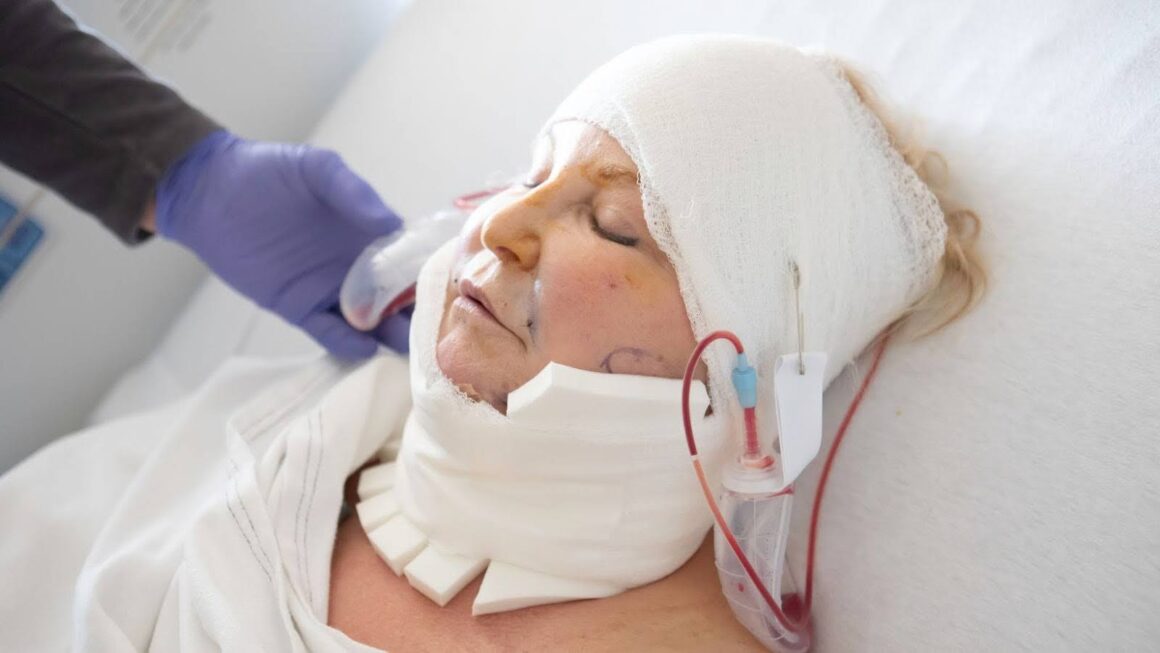
Brain injuries resulting from domestic violence have profound psychological and cognitive impacts on survivors. This issue is increasingly recognized in Seattle as a critical public health and criminal justice aspect. Brain injuries can result from various forms of physical abuse, including direct blows to the head, shaking, or strangulation, all of which can disrupt normal brain function and lead to severe, lasting consequences.
For those affected, seeking legal support from a brain injury lawyer in Seattle is crucial. Legal professionals can help navigate the complex landscape of securing compensation and support services for the injured party. Understanding the full scope of these injuries is essential for providing comprehensive care and ensuring justice for survivors.
The Connection Between Domestic Violence and Brain Injuries
Domestic violence frequently results in brain injuries due to the physical nature of the assaults. Victims often endure blows to the head, forceful shaking, or even strangulation, all of which can cause significant and lasting brain injuries.

These violent actions, especially when repeated, significantly increase the risk and severity of brain injuries. The cumulative effect of repeated trauma in domestic violence situations leads to more profound and long-term damage to the brain.
Many brain injuries from domestic violence go unnoticed or untreated because their symptoms may be mistakenly attributed to other causes, such as emotional stress or general trauma. Symptoms like headaches, dizziness, and cognitive difficulties can be subtle and misinterpreted, delaying proper diagnosis and treatment. This often leaves the underlying injury unaddressed, allowing the damage to worsen over time and complicating the victim’s recovery.
Thorough medical evaluations are crucial for survivors of domestic violence to identify any potential brain injuries. Recognizing the signs of brain injuries early and seeking comprehensive medical care can prevent further complications and support recovery. It’s essential to address both the visible and hidden impacts of domestic violence to provide holistic care and improve outcomes for survivors.
Psychological Consequences of Brain Injuries from Domestic Violence
The psychological impact of brain injuries from domestic violence can be extensive and debilitating. Survivors often experience a range of mental health issues, including depression, anxiety, and post-traumatic stress disorder (PTSD). The trauma of the injury itself, combined with the emotional abuse typically present in these situations, can create a compounded effect on the victim’s mental well-being.
Victims may also struggle with emotional regulation, leading to increased irritability, mood swings, and difficulties in maintaining relationships. These psychological challenges can hinder recovery and exacerbate feelings of isolation and hopelessness. Addressing these issues requires a holistic approach that integrates both mental health support and treatment for brain injury.
Cognitive Impairments from Brain Injuries
Cognitive impairments are a significant concern for brain injury survivors of domestic violence. These impairments can include problems with memory, attention, executive function, and information processing. Victims may find it difficult to perform everyday tasks, maintain employment, or manage their personal affairs, profoundly affecting their independence and quality of life.
The impact on cognitive function can vary widely depending on the severity and location of the injury. Some survivors may experience subtle changes that gradually worsen, while others may face immediate and severe cognitive deficits. Tailored cognitive rehabilitation programs are essential to help survivors regain their cognitive abilities and improve their overall functionality.
The Role of Early Intervention and Comprehensive Care
Early intervention is critical in managing brain injuries resulting from domestic violence. Immediate medical attention can significantly reduce the injury’s severity and improve recovery outcomes. Addressing the physical impact through prompt evaluation and treatment helps prevent further damage and sets a solid foundation for recovery. Early care stabilizes the survivor’s condition and establishes a clear recovery path, enhancing the chances of regaining full functionality and health.
Comprehensive care extends beyond initial medical treatment and includes cognitive rehabilitation and psychological support. Cognitive rehabilitation focuses on restoring or compensating for lost brain functions, enabling survivors to regain their independence and cognitive abilities. Psychological support, such as therapy and counseling, is crucial for addressing the emotional trauma and mental health challenges associated with both the injury and the abusive experience. Additionally, survivors benefit greatly from access to support services like legal assistance, housing support, and advocacy groups. These resources provide practical help and emotional backing, ensuring a safe environment away from the abuser and aiding in long-term recovery and rebuilding a life free from violence.
Steps to Take Following Brain Injuries from Domestic Violence
If you or someone you know has suffered a brain injury due to domestic violence, taking prompt and strategic action is crucial to ensure health and legal protection. Here are the essential steps to consider:

- Seek Medical Attention: Immediately consult a healthcare professional for a comprehensive evaluation and treatment plan. Early intervention is vital to manage the injury and improve recovery outcomes. Follow-up care and adherence to the treatment plan are essential for addressing ongoing health issues related to brain injuries.
- Document the Incident: Collect and preserve evidence of the abuse and resulting injuries. This includes maintaining detailed medical records, taking photographs of injuries, and gathering other relevant documentation supporting your case. Witness statements, if available, can provide additional support and clarity in both medical and legal contexts.
- Reach Out for Support: Engage with local resources such as shelters and counseling services to ensure your safety and receive emotional support. These services offer immediate help and guidance on the next steps. Seeking legal assistance is also critical for securing protection and navigating the complexities of compensation claims. A lawyer can assist with obtaining protection orders and advocating for your rights.
- Create a Safety Plan: Develop a strategy to exit the abusive environment safely. Identify safe places to go, gather essential documents, and arrange transportation in advance. Having a list of emergency contacts, including trusted friends, family, and local support organizations, can provide crucial support in a crisis.
Community Resources and Support Networks
Seattle offers a range of community resources and support networks for survivors of domestic violence with brain injuries. These include shelters, counseling services, and advocacy organizations dedicated to helping victims rebuild their lives. Access to these resources is crucial for ensuring the safety and well-being of survivors.
Support networks, including peer groups and online communities, provide a platform for survivors to share their experiences and find mutual support. These networks can be instrumental in reducing feelings of isolation and offering practical advice and emotional comfort. Engaging with community resources and support networks is an essential step in the recovery journey for many survivors.











